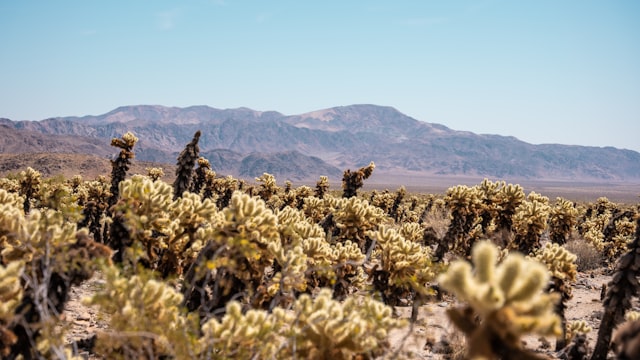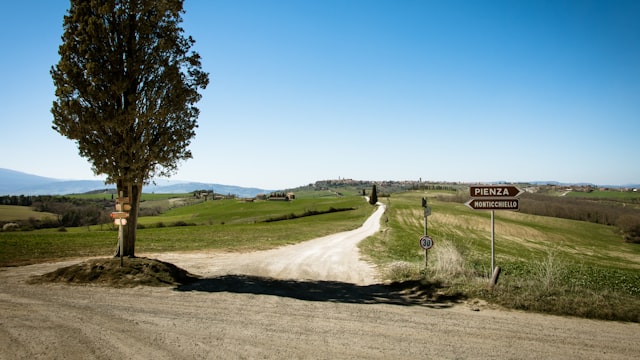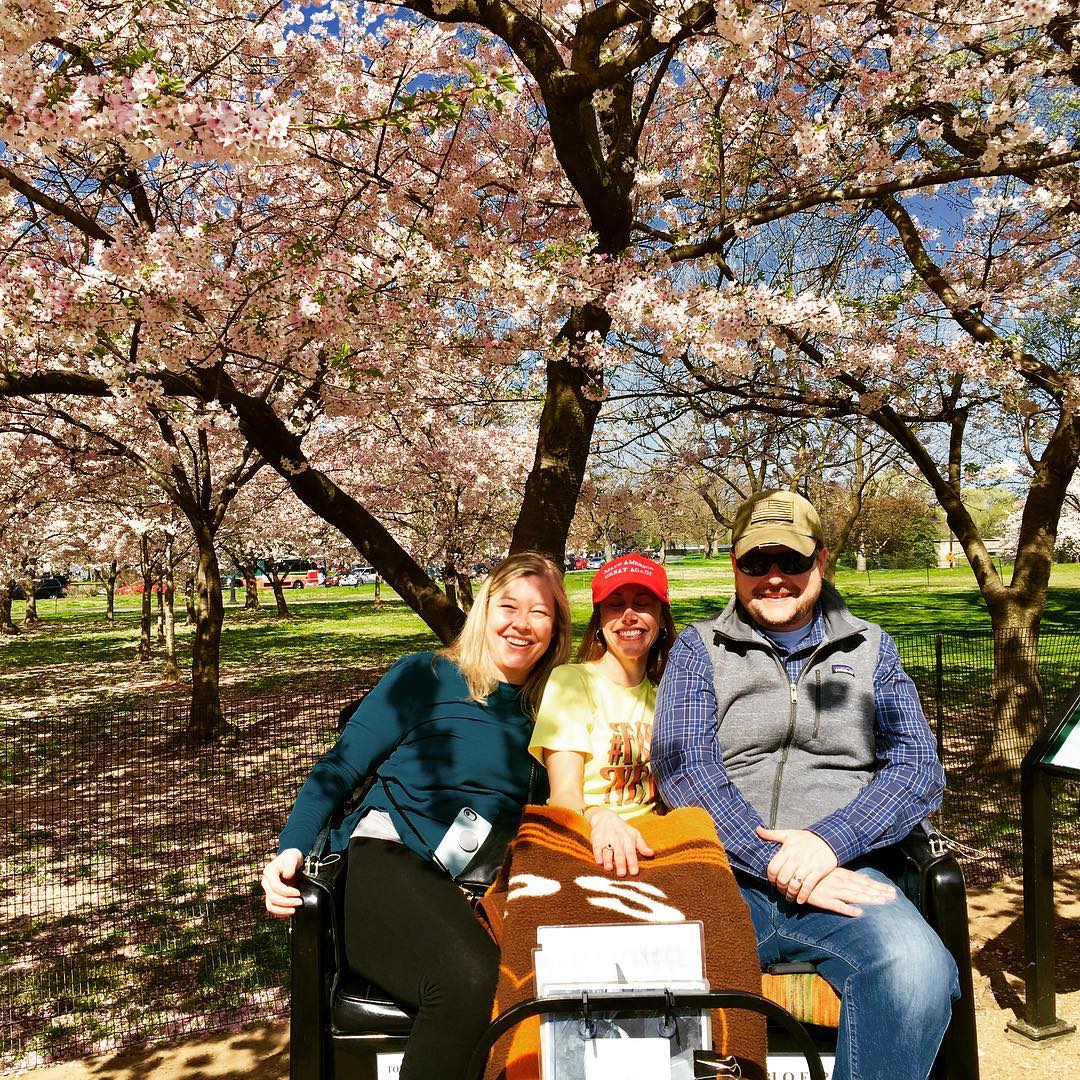submitted by tayamorgan
on News
For anyone going to a destination you have not paid a visit to yet nothing beats obtaining some reliable regional recommendations. California is a travel destination that the topic of responsible hospitality and travel matters. There are various factors why travelers are passionate about Californian summer vacations. Do you think there is a top rated vacation spot?

A Visit To the state of California
It’s no secret finding hometown headlines is far more practical than detailed pamphlet narratives. An additional interesting think piece has earned some attention which explains why we realized it should be re-shared. There seems to be a demand for reports that contain all the problems readers have. Visitors enthusiastic about the most current expert knowledge should want to consider this explanation about options to decide upon if assessing Californian day trips.
Who will probably provide the more trusted suggestions involving going on holiday? Quite often obtaining local area news reports is more interesting than illustrated brochure narratives. Postings from localized experts can offer good understanding for anybody contemplating place insights. A fresh short list came to prominence and for that reason I realized it is suitable for posting here. By my calculations there are not enough posts that incorporate all the questions people have. This explanation focuses on factors to think about whenever considering an Californian journey.

A Vacation In California
Where to Sip: National Wine Day
was written by Dine Newport, 2019-05-22 23:32:10
be sure to visit their website, source link is at the end of the article
Pour yourself into National Wine Day in Newport Beach on Saturday, May 25 at one of these four zin-sational culinary enclaves. Your next grape escape awaits!
 Serious Sippin’at The Winery
Serious Sippin’at The Winery
For those with refined palates The Winery Restaurant & Wine Bar is for you! With a selection of 650 wines and a climate-controlled cellar that can hold up to 7,500 bottles, this is the place for serious drinkers and connoisseurs.
You’ll need food to absorb all of that excellent wine and The Winery is well known for its California regional cuisine. From steak to seafood, this is the place for pairing a good glass of vino with a delicious meal.
 Sippin’ On The Dock On The Bay at Lido Bottle Works
Sippin’ On The Dock On The Bay at Lido Bottle Works
Some people enjoy that perfect glass of wine while their date craves a craft beer. That’s okay, because Lido Bottle Works offers both options in a stylish, but comfortable setting. Here California wines steal the show including a nice selection of reds, whites and rosés. Beer lovers will also appreciate the extensive choices including IPA’s, ales and stouts.
In case all that sipping makes you hungry, Lido Bottle Works offers a creative, seasonal menu that compliments both wine and beer. Local and sustainable ingredients drive the menu.
 Sippin’ A Votre Santé at Marché Moderne
Sippin’ A Votre Santé at Marché Moderne
The French famously love their wine, so Marché Moderne is an ideal place to celebrate National Wine Day. The wine list here includes classic French varietals like Bordeaux, Sancerre, and even Champagne.
But it would be a mistake to come here and not partake of the authentic French food prepared by the husband and wife team of Florent and Amelia Marneau. This is the place to appreciate classic dishes like duck confit and coq au vin.
 Sippin’ with the Lady at Juliette Kitchen & Bar
Sippin’ with the Lady at Juliette Kitchen & Bar
For anyone looking for a uniquely curated wine list that combines California and Europe, then Juliette Kitchen & Bar is the right choice. Don’t know which wine to order? Try a flight and sample three, 3 oz. glasses. Or, for those seeking a cocktail instead, this place also offers a menu of creative options.
Executive Chef, Daniel Hyatt, hails from some of California’s top restaurants and brings his expertise to Juliette’s. Choose from scallops, duck breast, rack of lamb and many other classic dishes.
Written By: Wendy Lee
Original Source for Where to Sip: National Wine Day

California Tourism
More Often Than Not the more informative articles does not come from sweeping scholastic studies but intimate experiences featuring individuals and small communities. Nevertheless, paradoxically often it is the big organizations that provide the more interesting and truthful content. Naturally there is also a role for tourism statistical research or policy assessment. Posts about a vacation in California like Where to Sip: National Wine Day support us to take a look at the broad ideas of sustainable tourism and hospitality.
California is a destination in which sustainable tourism is crucial.
High on the list of recommended trips for folks coming to California is not complete without the following opinions regarding destinations, holiday attractions, and things to do.
If you haven’t already picked a certain California location picked out, these are standard travel agency answers for common sites Big Sur, Lake Tahoe, Los Angeles, Monterey and Carmel, Santa Barbara, Sequoia and Kings Canyon National Parks. Remember that California is a big place and these suggestions aren’t actually close together.
Highlights of Californian famous and most well-known sightseeing opportunities and holiday attractions.
Los Angeles
LA hosts prominent museums and galleries, special accommodations, assorted experiences and beaches.

Los Angeles Trip
San Diego
On the border closest to Mexico, San Diego has excellent food, outside activities, and climate. San Diego has great California cuisine, this southernmost of California cities has some truly great restaurants, fantastic beaches, and envious weather and this is the city for relaxing in. Be careful you might want to move here.
Sea World: This popular aquatic theme park offers rides, animal exhibits, and shows.
San Diego Zoo and Wild Animal Park: Top Rated reputations, fun for all age groups.
Old Town San Diego: Charming district with shops, fantastic Mexican food.

San Diego Adventure
#Accommodation, #CaliforniaTravel, #CaliforniaVacation, #Nature, #OutdoorAdventures, #Tourguidepress, #Tourism, #Tourist
#California





 Sustainable Tours
Sustainable Tours












